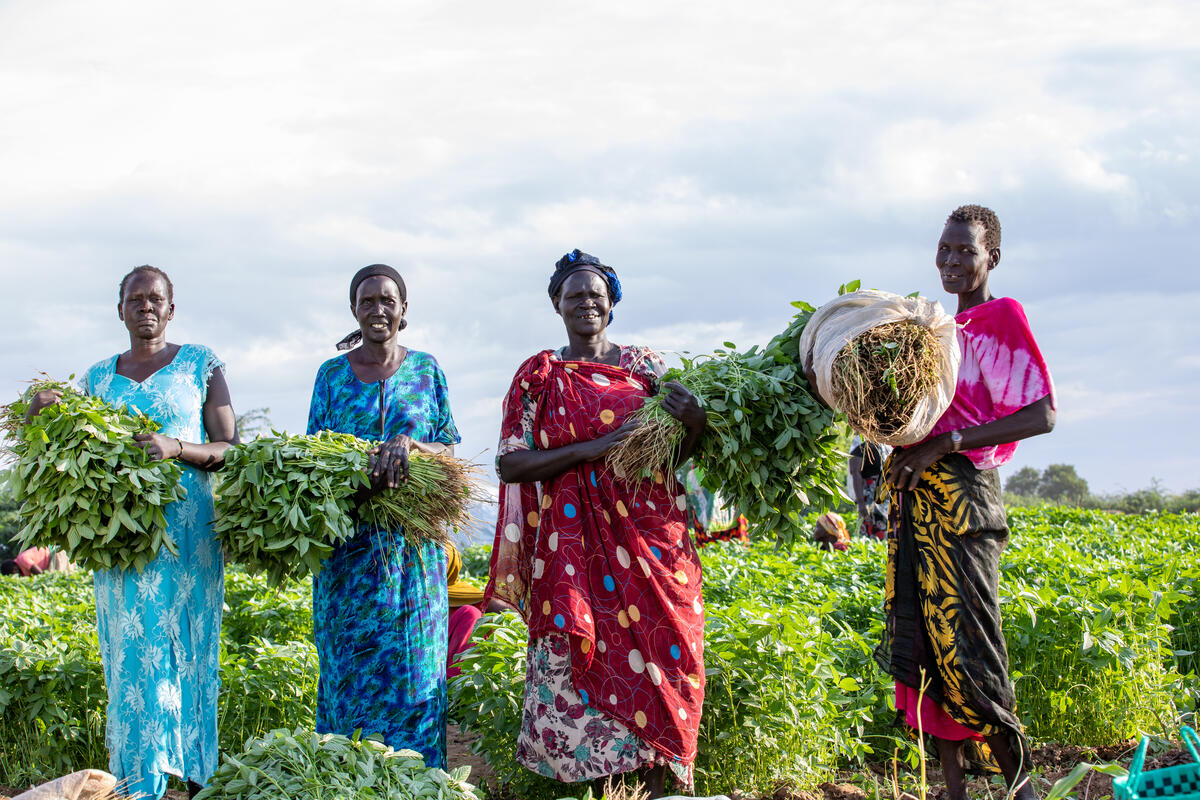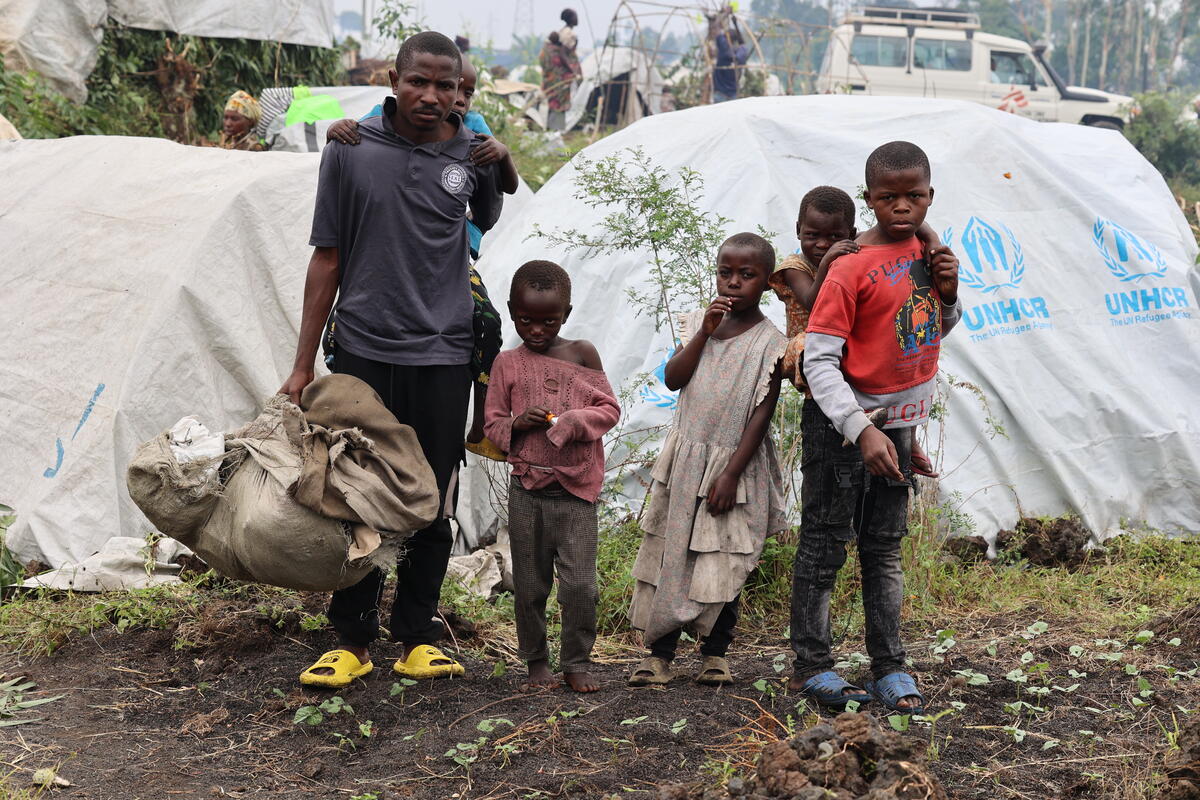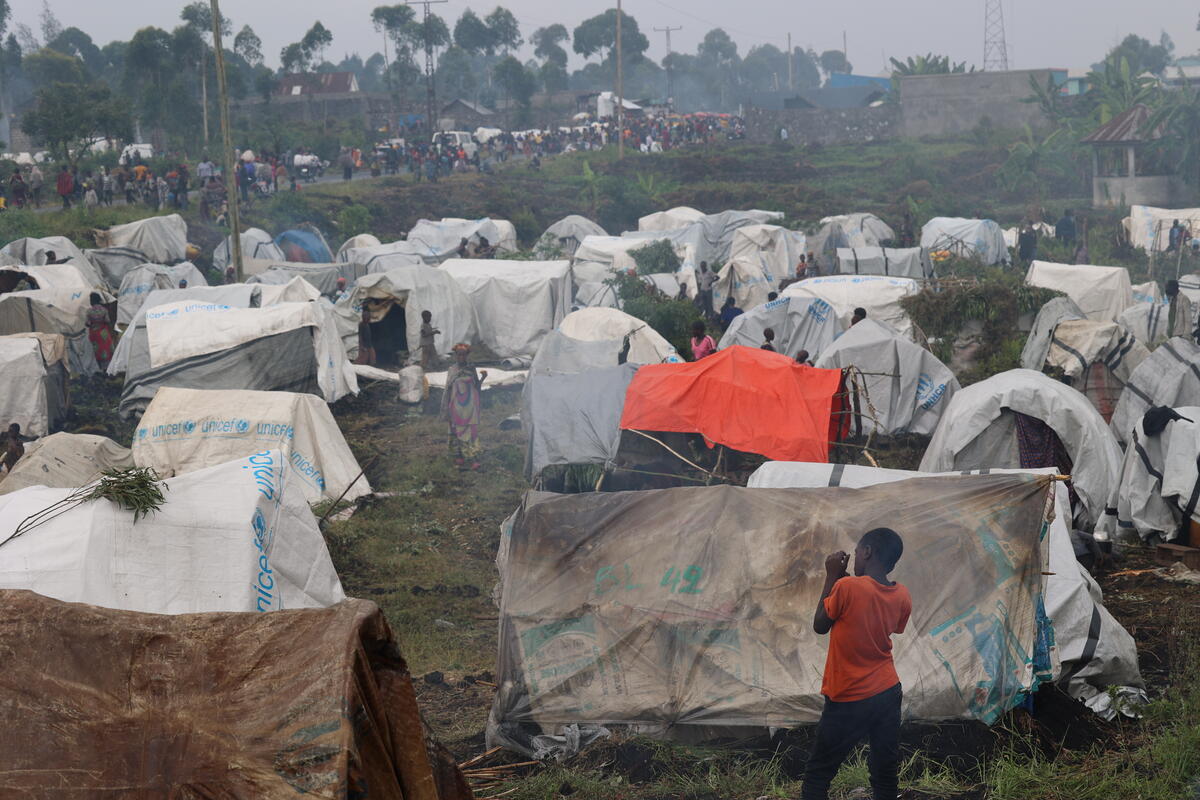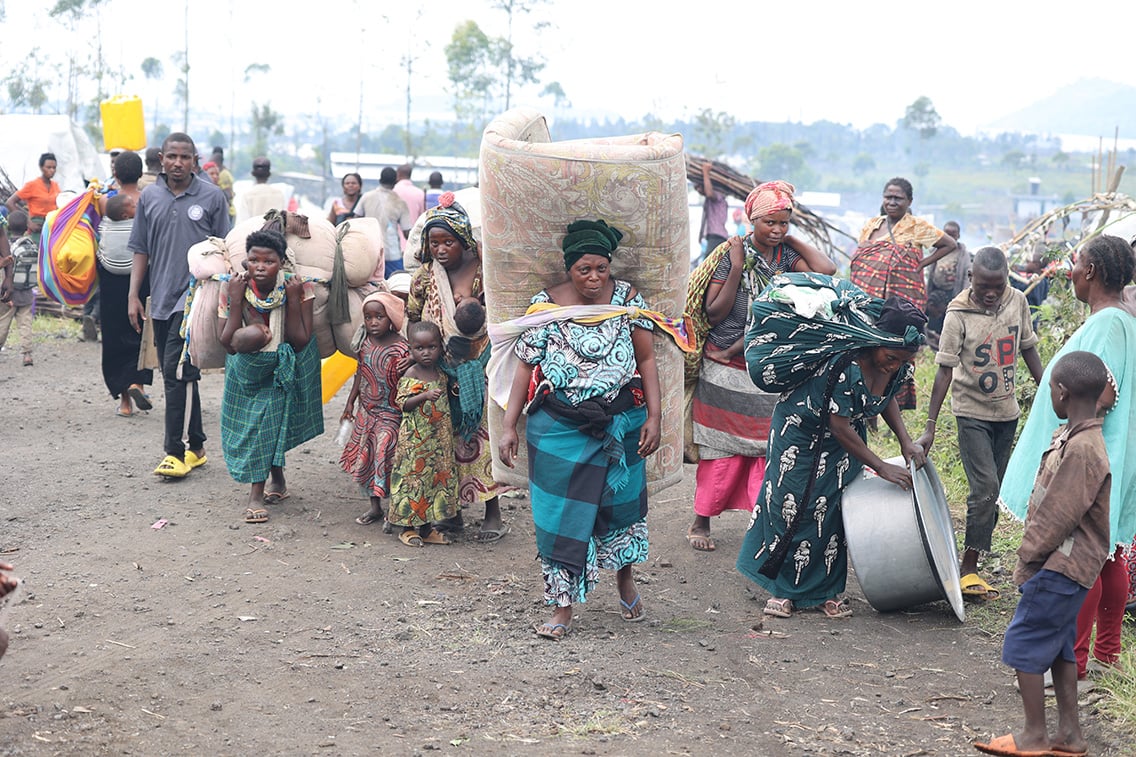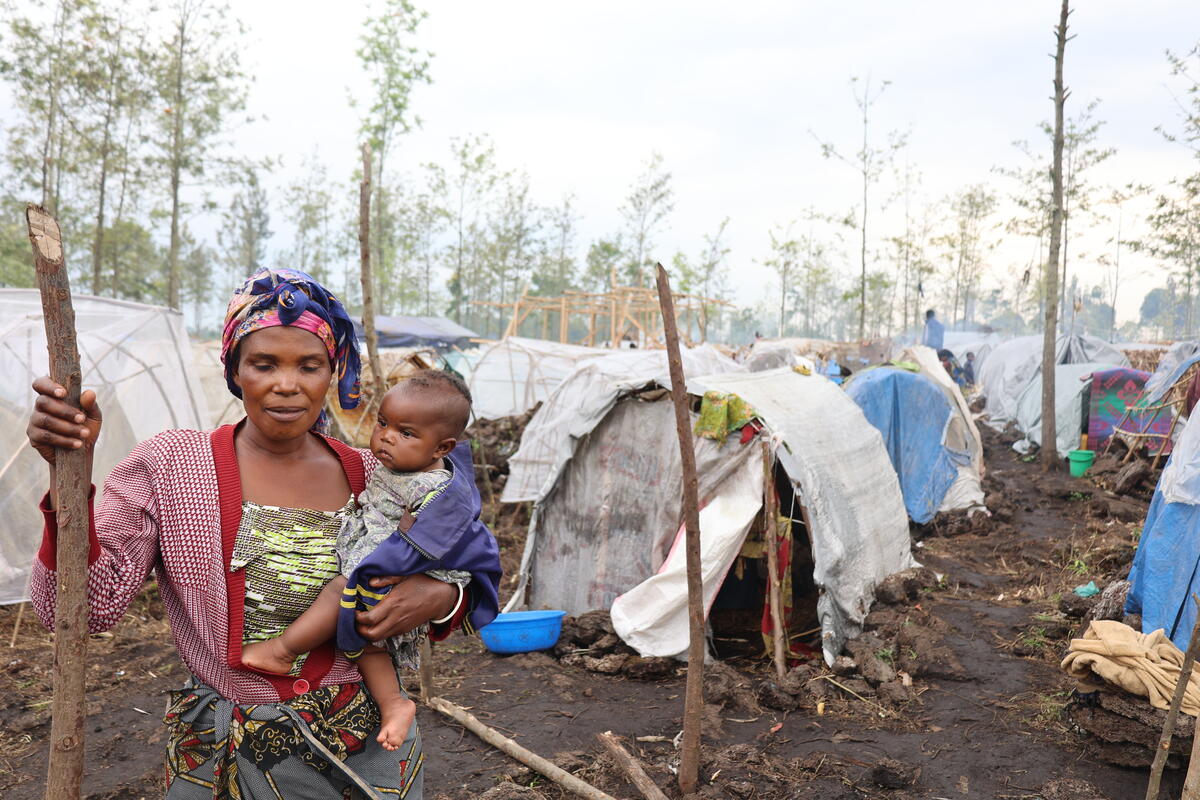The Congolese rape victims a UNHCR officer will never forget
The Congolese rape victims a UNHCR officer will never forget

KINSHASA, Democratic Republic of the Congo, September 3 (UNHCR) - There's a war going on in the heart of Africa, in the Democratic Republic of the Congo (DRC), where more than 5 million people have died in the past decade. The numbers keep rising: it's the deadliest conflict since World War II, drawing attention when important delegations visit, then disappearing again from front pages.
After almost two years, I will soon be leaving this challenging, interesting mission. But I will not forget the sad and determined eyes of the Congolese rape victims I met in the eastern DRC. Women are among the most common targets of this hidden war and rape is the weapon used to destroy them, their families and whole communities.
Our field and protection staff work many hours per day helping victims of sexual violence through counselling and awareness-raising projects in a very difficult and dangerous environment. There were more than 60 incidents of violence against humanitarian staff in the first half of 2009 - with more occurring in recent weeks.
A lot of attention has been focused on the victims recently with the visit to Africa by US Secretary of State Hilary Clinton. This will help transmit to the world their pain, both psychological and physical, but the first step should be the DRC government enforcing the existing law.
A routine media question is about the number of rapes; a high number makes a dramatic story. According to UN figures, the number of women violated in the first six months of this year in the eastern DRC is 3,500. It is just an estimate as most of the fighting and rapes take place in remote areas.
But rape is not about numbers - each case needs attention. In Europe a single case would be reported in the news, here thousands of women suffer in silence.
In my conversations with victims, I hear the details. Some were raped like animals, one after another; others were forced to be slaves of armed groups and raped every day for months. The women are of all ages, from eight years to the very old.
When they are finally released or escape, they have nothing and are often rejected by their families. I wondered why they told me the details, but I could feel it help in the healing even if I could not imagine the ways in which they were hurt. I saw the call for help in their eyes and knew I had to use UNHCR to make their voices heard.
There may be little justice in Congo, but there are organizations trying to help rape survivors recover. Women for Women International, a UNHCR partner, teaches reading and writing, or how to make soap or cook to earn money. For many women, it is the first time they have been in a classroom - their chance for a new life. The activities may seem modest, but it is helping these women to rebuild self-confidence.
It's hard to imagine this violence amid the breathtaking natural beauty and abundance of the Kivus region of DRC. But, unfortunately, terrified people are as common a feature as the lush green valleys, glistening coffee plantations and jagged blue volcanoes.
By Francesca Fontanini in Kinshasa, Democratic Republic of the Congo

